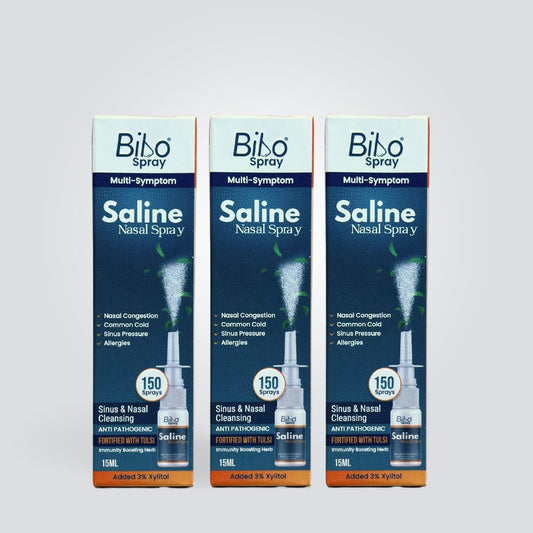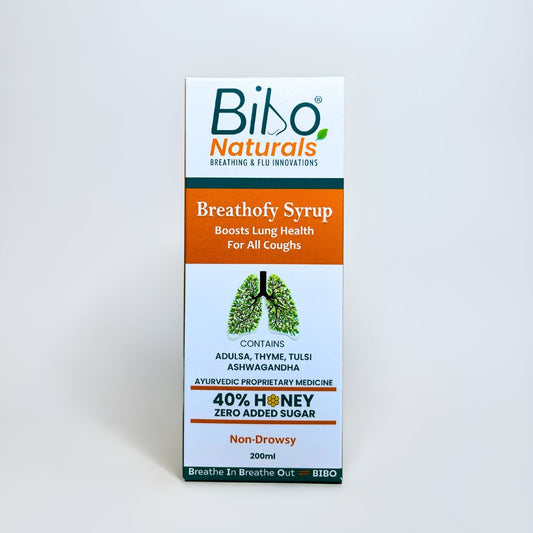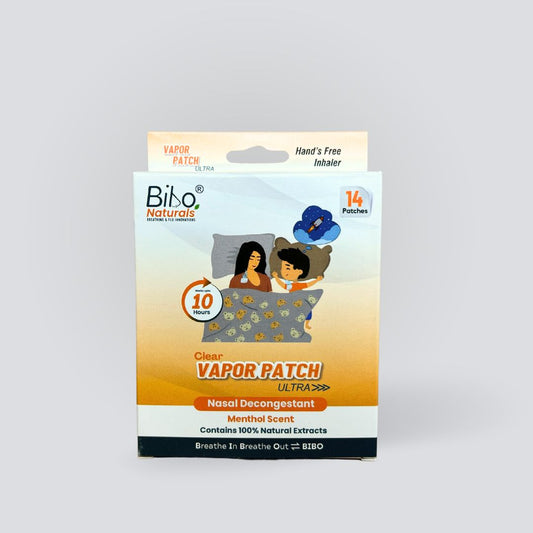Sugar is nothing but sweet-tasting carbohydrates. They are generally classified as simple and complex sugars.
Sugars can play a dual role. It can be a medium for bacteria growth (at very low concentrations) as well as act as an antimicrobial agent (at higher concentrations). In many cough syrups, sugar acts as a preservative and antimicrobial agent due to its high concentration (ideally 66.7%).
Sugar alcohols are compounds derived from sugars. These sugar alcohols are soluble in water and are naturally present in many plants. They can also be artificially prepared by using sugars.
In comparison to normal sugar, sugar alcohols have fewer calories, which makes them a better option for dental health.
Xylitol is a 5- carbon-containing alcohol sugar. It is naturally present in some fruits (like plums, strawberries, raspberries and rowan berries), vegetables, and berries. It can also be synthesized from xylan-rich plant materials like birch and beechwood. . This sugar alcohol is widely used as a sweetener and is non-carcinogenic.
Many dental products contain xylitol as a sweetener as it shows antimicrobial properties. It acts against various bacteria responsible for poor dental health. It helps in reducing dental caries and plaque.
There are many studies that support the use of xylitol for better dental and oral health.
How does xylitol work?
Xylitol is a non-nutritive alcohol sugar. It staves the bad bacteria and stops their growth.
The bacteria generally take up the sugar molecules for their energy production. They rely on sugars for their growth and survival, but since xylitol is non-nutritive and cannot be fermented by the bacteria for energy production and survival, the bacteria become energy deprived. This leads to the death of bacteria.
It also reduces the ability of the bad bacteria to stick to the tooth surface and release acids that can damage the teeth.
Daily intake of xylitol
As xylitol acts against bad bacteria, it is used to reduce the bacteria responsible for dental caries.
Taking 6-10 grams of xylitol per day may prevent dental caries. Most adults can tolerate a dose of up to 40 grams per day without any side effects.
Do not take more than the recommended dose as it may cause diarrhoea. Children should not take more than 40 grams of xylitol per day, and adults should not exceed a dose of more than 100 grams per day.
Xylitol and its oral health benefits
Chewing gums:
Chewing gums containing xylitol helps to fasten the process of rinsing the mouth and eliminating the acid secreted by bad bacteria. It also helps in re-mineralizing the tooth enamel. It is good to chew these xylitol-containing chewing gums after having food. It is recommended to chew these gums for about 20 minutes to get good results.
Syrups:
Xylitol-containing syrups are generally given to young children with caries. We all know kids are more prone to dental caries and have poor oral health. Taking xylitol syrup twice daily can help prevent caries. It should not be taken more than 8 grams per day as it may cause diarrhoea and loose stools. Consuming xylitol as a syrup is the most accepted and safe method for children.
If xylitol syrup is not available, you can buy products like pudding jam or maple syrup as an alternative.
Mouth rinse:
Xylitol can also be taken as a mouth rinse solution. Studies have shown that a mouth rinse containing xylitol and chlorhexidine is more effective in killing the bad bacteria than xylitol and chlorhexidine alone.
Toothpaste:
Toothpaste containing xylitol helps in reducing dental plaque. It acts on the bad bacteria and stops their acid production and growth.
Benefits of Xylitol on respiratory health
Nasal sprays containing xylitol can help in killing the bacteria responsible for respiratory infections. Studies have shown that both 1% and 5% of xylitol are effective in killing the bad bacteria responsible for many respiratory infections.
Xylitol and acute otitis media
Otitis media is a bacterial infection of the middle ear. It can affect anyone but is most common in children. Consuming xylitol-containing chewing gums, syrups, and other products may help to reduce bacterial growth in children.
How BIBO helps!
Bibo saline nasal spray contains xylitol and Tulsi, which help kill the bad bacteria in the nasal and sinus area. This nasal spray not just moist the nasal and sinus area but kills the bacteria and improves immunity to fight against further infections.
References:
- Nayak PA, Nayak UA, Khandelwal V. The effect of xylitol on dental caries and oral flora. Clin Cosmet Investig Dent. 2014 Nov 10;6:89-94. doi: 10.2147/CCIDE.S55761. PMID: 25422590; PMCID: PMC4232036.
- Kontiokari T, Uhari M, Koskela M. Effect of xylitol on the growth of nasopharyngeal bacteria in vitro. Antimicrob Agents Chemother. 1995 Aug;39(8):1820-3. doi: 10.1128/AAC.39.8.1820. PMID: 7486925; PMCID: PMC162832.
- Azarpazhooh A, Lawrence HP, Shah PS. Xylitol for preventing acute otitis media in children up to 12 years of age. Cochrane Database Syst Rev. 2016 Aug 3;2016(8):CD007095. doi: 10.1002/14651858.CD007095.pub3. PMID: 27486835; PMCID: PMC8485974.




